March 15, 2024 | Dr. Silvana Jakupovic, ND
In a world that prizes constant connectivity and productivity, our nights often bear the brunt of our daytime stress, leaving many of us tossing and turning in search of elusive rest.
From the creator of "Nothing Much Happens," Kathryn Nicolai has created a podcast that redefines bedtime by transforming it into a sanctuary of calm and relaxation. Through her gentle narration of bedtime stories, Nicolai offers a soft landing spot for our overworked minds, inviting us to leave behind the day's worries and journey toward tranquillity.
Our night-time journey doesn't end with stories. Known in traditional Chinese medicine as the "mushroom of immortality," Reishi has been revered for centuries for its ability to calm the mind, ease stress, and promote sleep. Together, the soothing narratives of Kathryn Nicolai and the gentle support of Reishi mushrooms weave a tapestry of relaxation that may provide not just better sleep but a more peaceful, mindful approach to our nights.
The Challenges of Modern Sleep
In the hustle and bustle of modern life, a good night's sleep has become a sought-after luxury rather than a basic necessity. Our always-on culture, with its glowing screens and endless to-do lists, has encroached upon the sanctity of our bedrooms, turning the simple act of falling asleep into a nightly challenge.
The Perpetual Cycle of Sleeplessness
For many, the search for sleep is hampered by the very tools and technologies designed to streamline our lives. Smartphones, tablets, and laptops emit blue light, which interferes with melatonin production, the hormone responsible for regulating sleep [1]. The result is a brain struggling to wind down when we need rest the most.
Beyond electronic devices lies the role of stress. The pressures of work, social obligations, and personal challenges keep our minds in a state of constant alertness. This mental whirlwind creates a barrier to the relaxation needed for sleep, leaving us to lie in bed, replaying the day's events or worrying about tomorrow's tasks.
The consequences of sleep deprivation extend far beyond groggy mornings and a reliance on caffeine. Chronic sleep issues can lead to a host of health problems, including obesity, heart disease, high blood pressure, and diabetes [2]. Furthermore, the mental fog and decreased concentration associated with poor sleep can undermine productivity, creativity, and emotional stability.
As a society, we've normalized sleeplessness, often wearing it as a badge of honour that signifies hard work and dedication. However, this glorification of busyness overlooks the critical role of rest in our overall health and well-being. To combat the challenge of modern sleep, we must shift our perspective and prioritize rest with the same dedication we apply to our waking hours.
Enter the World of Bedtime Stories: "Nothing Much Happens"
Amid the challenges of modern sleep, a unique solution has emerged from an unexpected source: bedtime stories, not just for children but for adults craving the solace of a calm mind.
Kathryn Nicolai, a yoga and meditation teacher with a deep understanding of the mind-body connection, recognized the transformative power of storytelling to soothe the restless mind. With her podcast, she taps into this ancient tradition, crafting stories where, as the title suggests, "Nothing Much Happens." The simplicity of the narrative, coupled with Nicolai's soothing voice, creates a cocoon of calmness, allowing listeners to detach from their daily worries and drift toward sleep gently.
What sets this apart is not just the storytelling but the podcast's structure. Each episode consists of a story told twice. The first telling is at a comfortable pace, setting the scene in a manner designed to engage the listener's attention in a gentle, unobtrusive way. The second telling is slower, even more deliberate, inviting the listener to sink deeper into the story—and, by extension, into a state of relaxation and readiness for sleep.
The Science Behind Bedtime Stories
The effectiveness of the podcast isn't just anecdotal; it's grounded in the psychological and physiological responses our bodies have to storytelling. Listening to a narrative, especially in a soothing tone, can lower cortisol levels and decrease stress, preparing the body for sleep [3,4].
The repetition of the story works to deepen this effect, allowing the mind to focus on the familiar sequence of events and further distancing it from the anxieties that may impede sleep. This dual approach effectively harnesses the mind's natural tendency towards pattern recognition, turning it towards relaxation instead of rumination.
The Role of Reishi Mushrooms for Sleep
Nature offers its own solutions, one of the most significant being the functional mushroom, Reishi. Reishi mushrooms (Ganoderma lucidum) have been a cornerstone of traditional Eastern medicine for thousands of years. Traditionally, Reishi mushrooms have been used to support the body's stress response, enhance calmness, and promote overall health. Today, scientific research on animals is beginning to uncover how these ancient practices may translate into tangible health benefits.
How Does Reishi Improve Sleep?
Animal research indicates that Reishi mushrooms can boost neurotransmitter levels that facilitate sleep, serving as essential communicators within the nervous system [5]. Moreover, Reishi may enhance gut microbiota health, an important aspect considering the increasing evidence linking gut well-being to sleep quality via the gut-brain axis [5]. The findings suggest that Reishi's beneficial effects on sleep stem from its interaction with microbiota and serotonin pathways.
A separate study on rats exploring the effects of Reishi’s fruiting body extract found that a brief, three-day regimen could increase overall sleep duration and extend the non-rapid eye movement (NREM) sleep phase, contributing to a deeper and more restorative rest [6]. This phenomenon could be attributed to Reishi's modulation of specific cytokines, such as TNF-alpha, which play a role in sleep regulation and enhancing NREM sleep [6].
Research reveals promising results when comparing Reishi's effectiveness to conventional pharmaceuticals. One particular study highlighted that Reishi mushroom may, in part, have benzodiazepine-like hypnotic activity [7]. However, distinct from these medications, Reishi offers its sleep-promoting benefits without adverse side effects or dependency risks [8].
A Holistic Approach to Better Sleep
While Reishi mushrooms may offer a promising natural solution for sleep, they are most effective when part of a broader approach to sleep hygiene. Combining the calming properties of Reishi with other relaxation techniques, such as listening to bedtime stories, may create a synergistic effect, further promoting a peaceful transition into sleep.
Integrating Bedtime Stories and Reishi into Your Nighttime Routine
Crafting a serene nighttime routine is essential for unwinding from the day's stresses and preparing the body and mind for restful sleep. Integrating the calming narratives of Kathryn Nicolai with the sleep-promoting benefits of Reishi mushrooms may offer a holistic approach to achieving deep, restorative sleep.
Setting the Stage for Sleep
1) Create a Calm Environment: Begin by making your bedroom a sleep sanctuary. Dim the lights, ensure the room is at a comfortable temperature, and minimize potential disturbances. This peaceful environment signals to your body that it's time to slow down.
2) Limit Screen Time: An hour before bed, try to disconnect from electronic devices. The blue light emitted from screens can hinder melatonin production, the hormone that regulates sleep, making it harder to fall asleep.
3) Reishi Supplements: About 30 minutes to an hour before bedtime, consider taking a Reishi mushroom supplement according to the recommended dosage on the package.
4) Listening to "Nothing Much Happens": Once you're settled in bed and beginning to feel the calming effects of Reishi, start playing an episode from Kathryn Nicolai’s sleep podcast and use a sleep timer on your podcast app to ensure that your device turns off after the episode, preventing any disturbances once you've fallen asleep.
5) Embrace the Repetition: The unique format of this podcast, where stories are told twice, slower the second time, is designed to calm your mind progressively. Allow the familiar narrative to guide your thoughts away from daily stresses, making it easier to drift off to sleep.
6) Consistency is Key: Try to maintain a consistent sleep schedule, even on weekends. Going to bed and waking up at the same time each day helps regulate your body's internal clock and improves the quality of your sleep.
7) Mindful Consumption: Pay attention to how your body responds to Reishi. Adjust the amount and timing if necessary, and consult with a healthcare provider before adding new supplements to your routine if you have existing health conditions or are taking other medications.
8) Reflection and Adjustment: After incorporating bedtime stories and Reishi into your bedtime routine, reflect on any changes in your sleep quality. It may take some time to notice improvements, so be patient and adjust your routine to find what works best for you.
By mindfully integrating the soothing power of bedtime stories with the natural benefits of Reishi mushrooms, you can transform your bedtime routine into a ritual that nurtures both body and mind.
The Benefits of Reishi and Bedtime Stories for Sleep
Embracing these practices invites a return to a more natural rhythm of sleep, grounded in the calming embrace of storytelling and the gentle support of medicinal mushrooms. It's a reminder that in our fast-paced, screen-dominated world, sometimes the most effective solutions are the simplest ones.
For those inspired to dig deeper into the art of restful sleep and the natural aids that can facilitate it, the following resources provide a wealth of information and guidance:
"Nothing Much Happens" Bedtime Stories Podcast: Dive into Kathryn Nicolai's soothing bedtime stories on the official podcast website or through your favourite podcast platform.
Reishi Mushroom Products: For high-quality Reishi supplements, explore reputable natural wellness products, such as Eversio Wellness’ Chill Now.
Sleep Hygiene Tips: The National Sleep Foundation offers comprehensive guides and tips for improving sleep hygiene on their website.
Scientific Research on Reishi Mushrooms: For those interested in the scientific background of Reishi's health benefits, PubMed and Google Scholar are excellent resources for research articles and studies.
By exploring these resources, readers can enrich their understanding and application of the practices discussed. The journey to better sleep is personal, and these tools offer various pathways to achieve a peaceful night's rest. We encourage you to experiment with these methods, share your experiences, and continue exploring the profound connection between our nighttime rituals and well-being.
References
[1] Silvani MI, Werder R, Perret C. The influence of blue light on sleep, performance and wellbeing in young adults: A systematic review. Front Physiol. 2022 Aug 16;13:943108. doi: 10.3389/fphys.2022.943108. PMID: 36051910; PMCID: PMC9424753.
[2] Miller MA, Howarth NE. Sleep and cardiovascular disease. Emerg Top Life Sci. 2023 Dec 22;7(5):457-466. doi: 10.1042/ETLS20230111. PMID: 38084859; PMCID: PMC10754327.
[3] Chung A, Jin P, Kamboukos D, Robbins R, Blanc J, Jean-Louis G, Seixas A. Out Like a Light: Feasibility and Acceptability Study of an Audio-Based Sleep Aide for Improving Parent-Child Sleep Health. Int J Environ Res Public Health. 2022 Aug 1;19(15):9416. doi: 10.3390/ijerph19159416. PMID: 35954773; PMCID: PMC9368592.
[4] Brockington G, Gomes Moreira AP, Buso MS, Gomes da Silva S, Altszyler E, Fischer R, Moll J. Storytelling increases oxytocin and positive emotions and decreases cortisol and pain in hospitalized children. Proc Natl Acad Sci U S A. 2021 Jun 1;118(22):e2018409118. doi: 10.1073/pnas.2018409118. PMID: 34031240; PMCID: PMC8179166.
[5] Yao C, Wang Z, Jiang H, Yan R, Huang Q, Wang Y, Xie H, Zou Y, Yu Y, Lv L. Ganoderma lucidum promotes sleep through a gut microbiota-dependent and serotonin-involved pathway in mice. Sci Rep. 2021 Jul 1;11(1):13660. doi: 10.1038/s41598-021-92913-6. PMID: 34211003; PMCID: PMC8249598.
[6] Cui XY, Cui SY, Zhang J, Wang ZJ, Yu B, Sheng ZF, Zhang XQ, Zhang YH. Extract of Ganoderma lucidum prolongs sleep time in rats. J Ethnopharmacol. 2012 Feb 15;139(3):796-800. doi: 10.1016/j.jep.2011.12.020. Epub 2011 Dec 21. PMID: 22207209.
[7] Chu QP, Wang LE, Cui XY, Fu HZ, Lin ZB, Lin SQ, Zhang YH. Extract of Ganoderma lucidum potentiates pentobarbital-induced sleep via a GABAergic mechanism. Pharmacol Biochem Behav. 2007 Apr;86(4):693-8. doi: 10.1016/j.pbb.2007.02.015. Epub 2007 Feb 22. PMID: 17383716.
[8] Qiu Y, Mao ZJ, Ruan YP, Zhang X. Exploration of the anti-insomnia mechanism of Ganoderma by central-peripheral multi-level interaction network analysis. BMC Microbiol. 2021 Oct 29;21(1):296. doi: 10.1186/s12866-021-02361-5. PMID: 34715778; PMCID: PMC8555286.

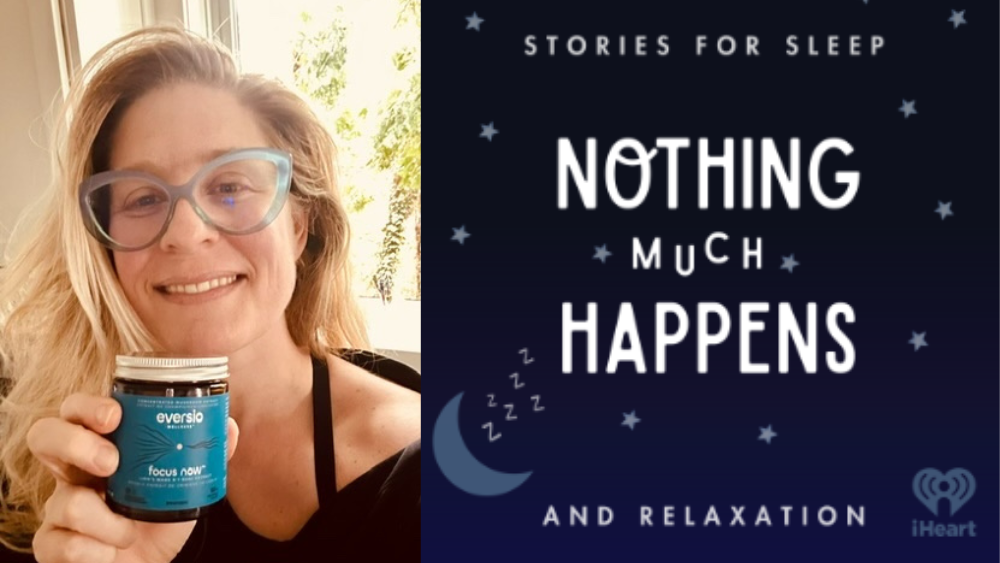


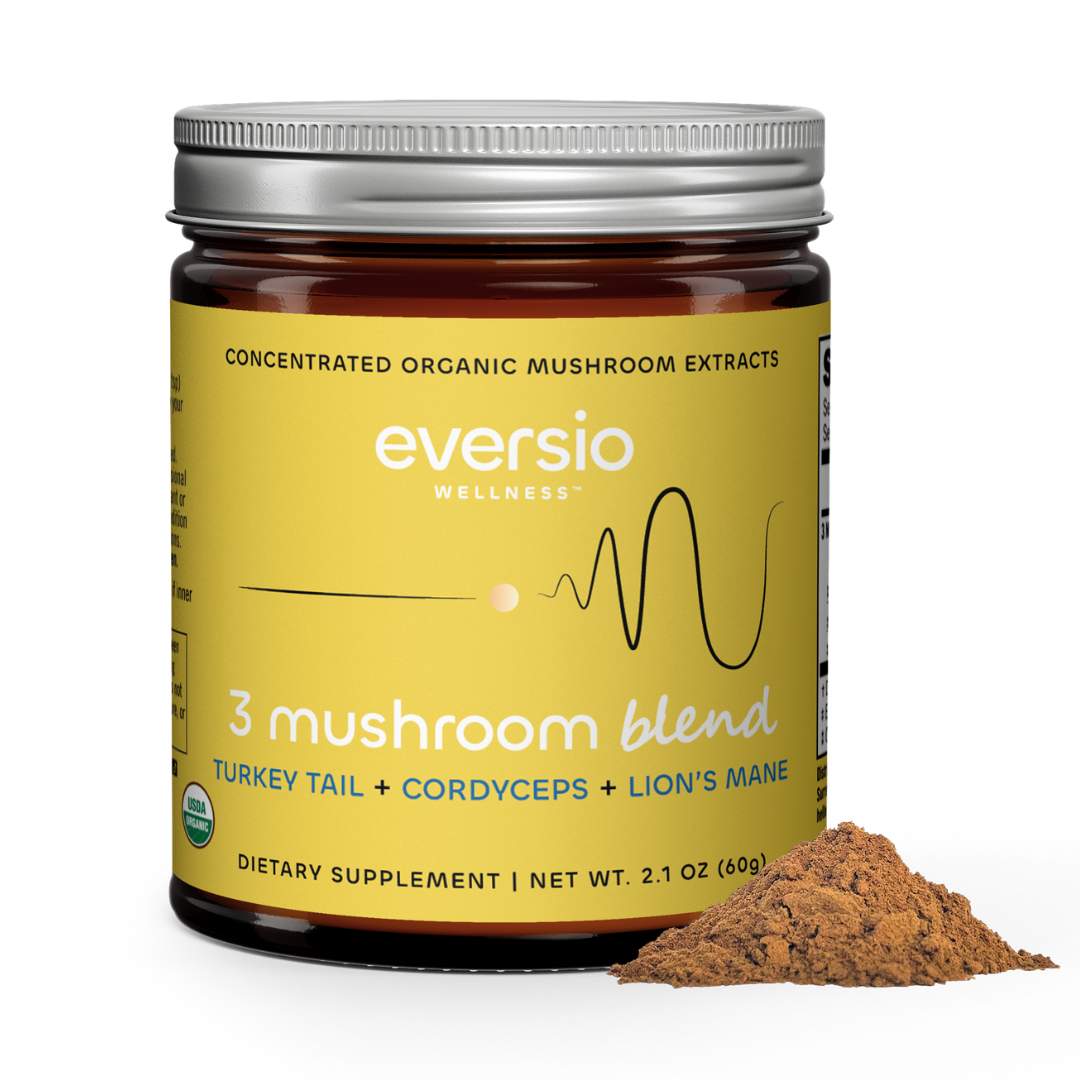
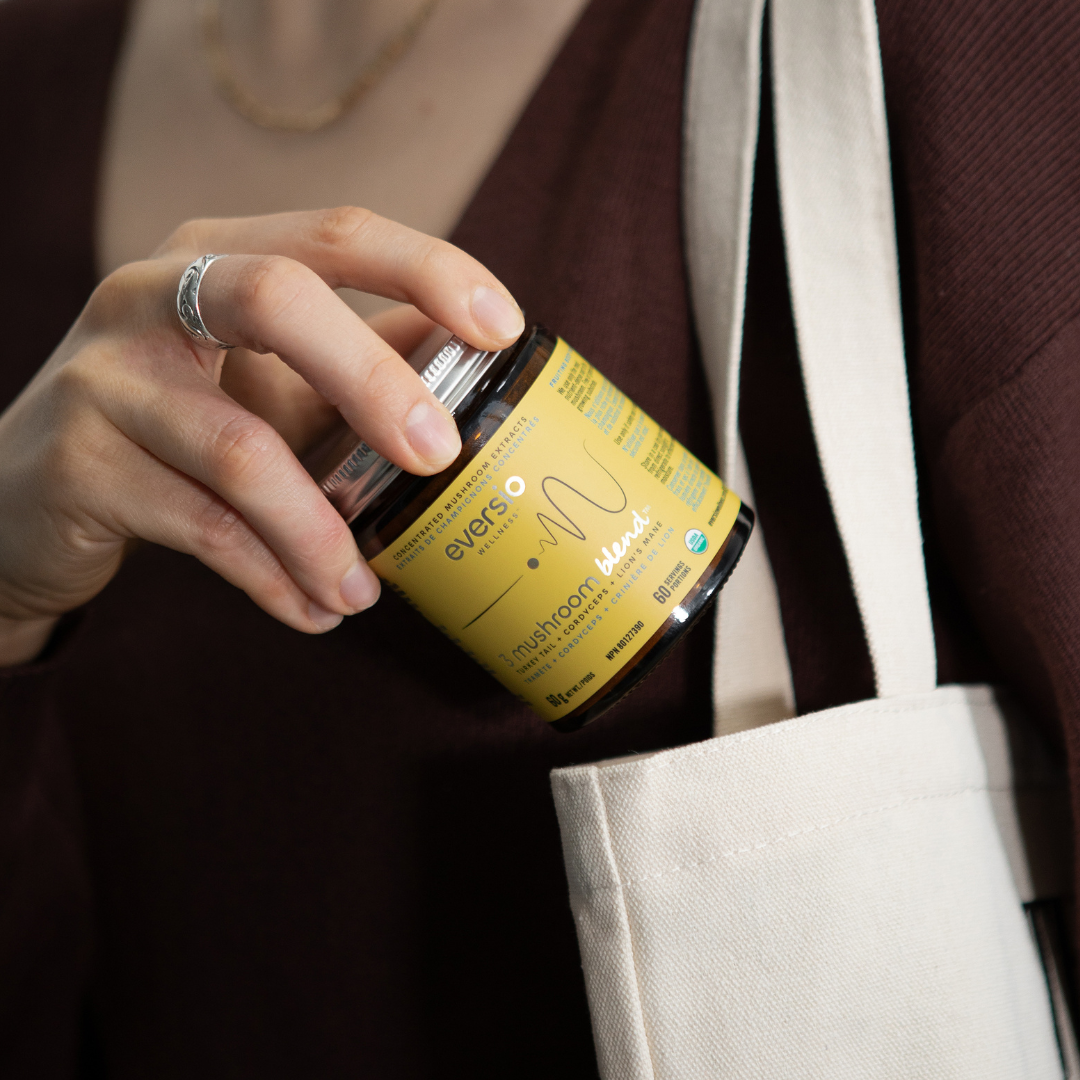

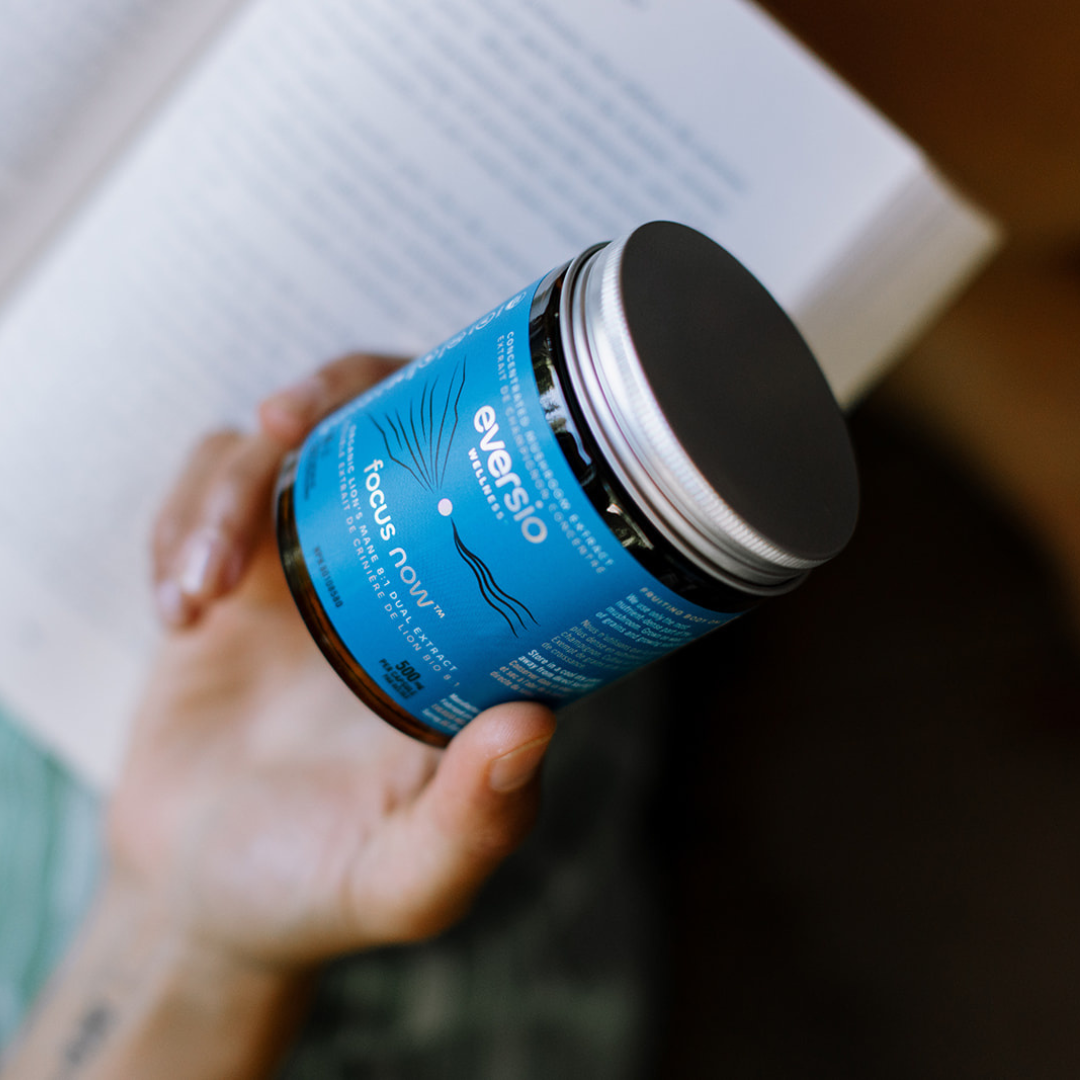



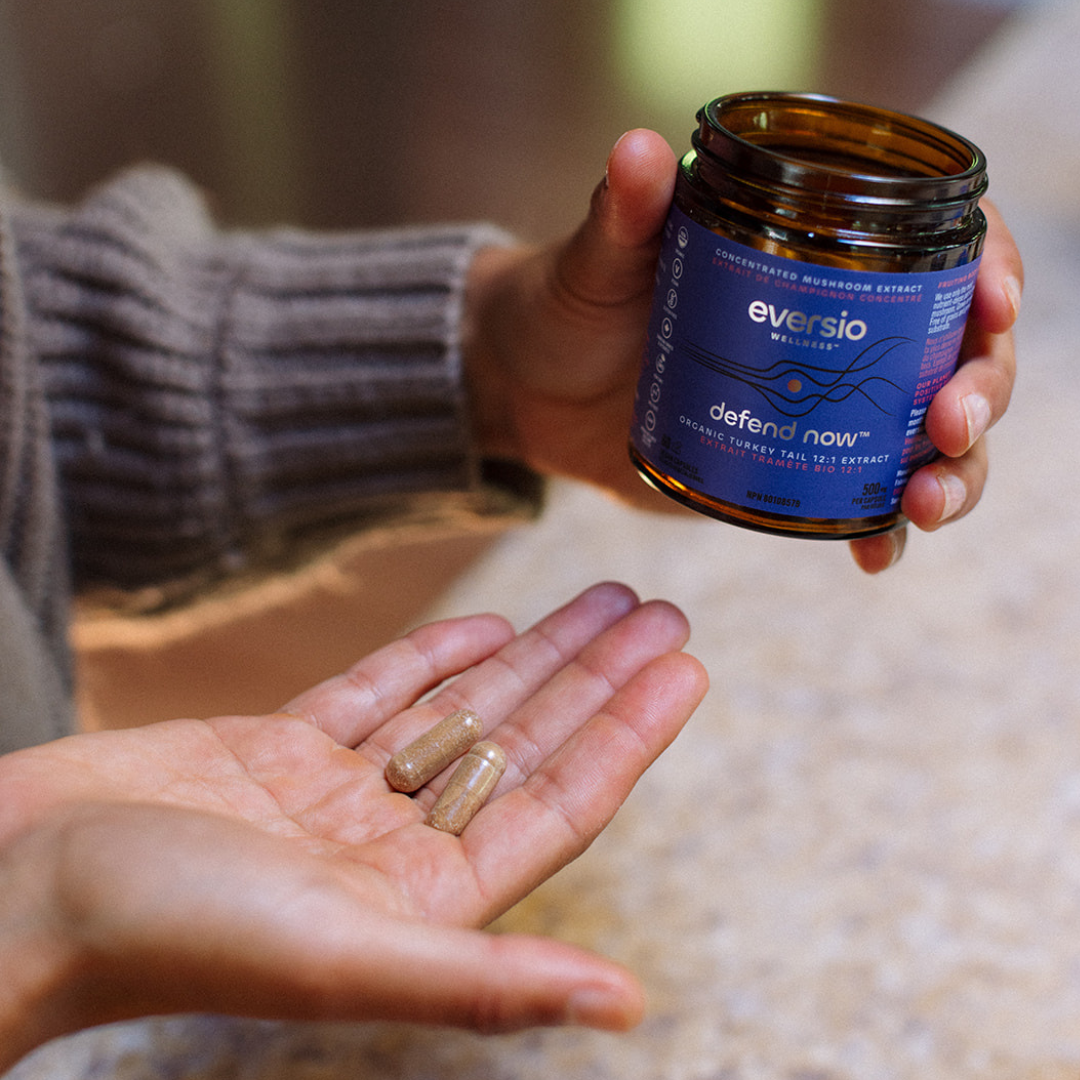
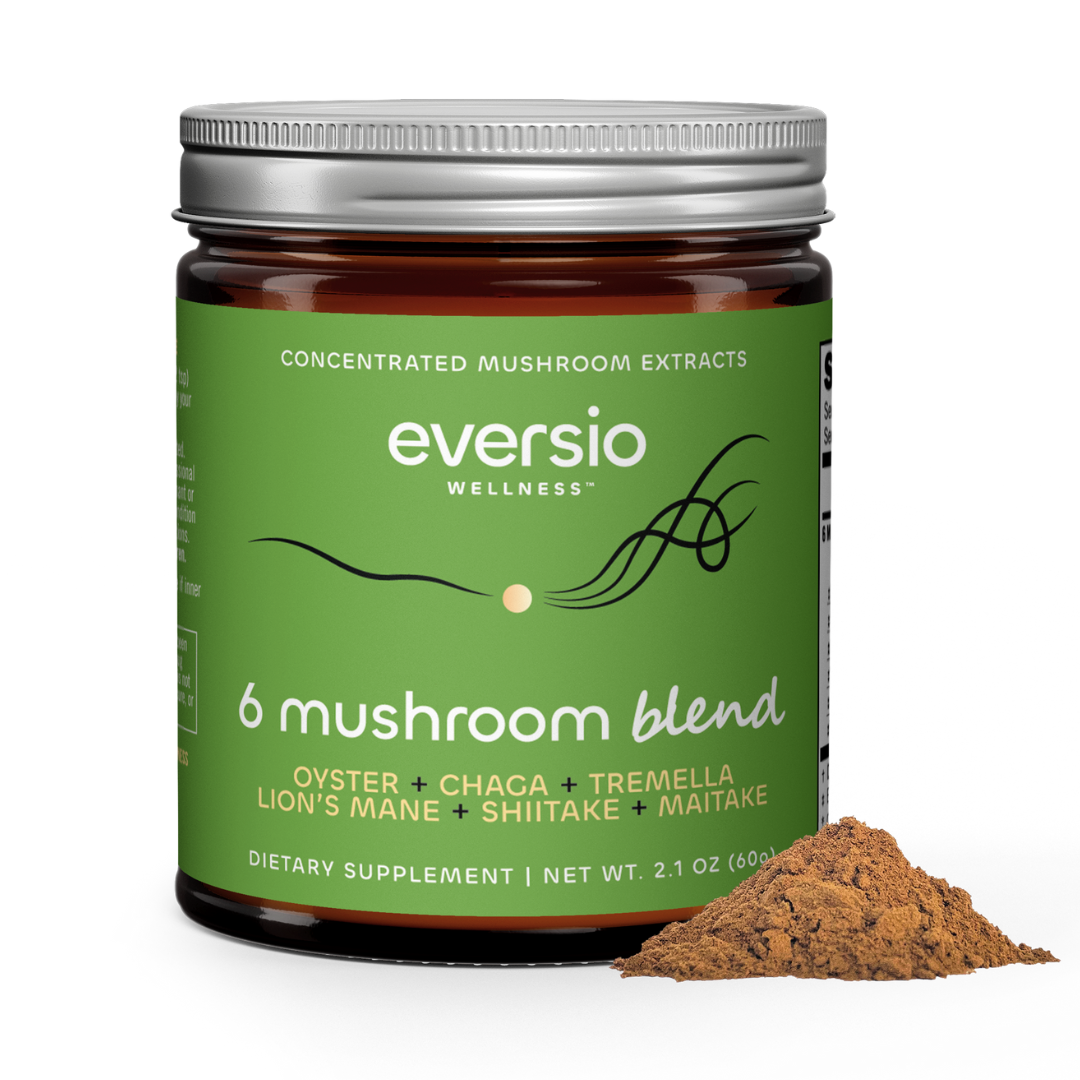
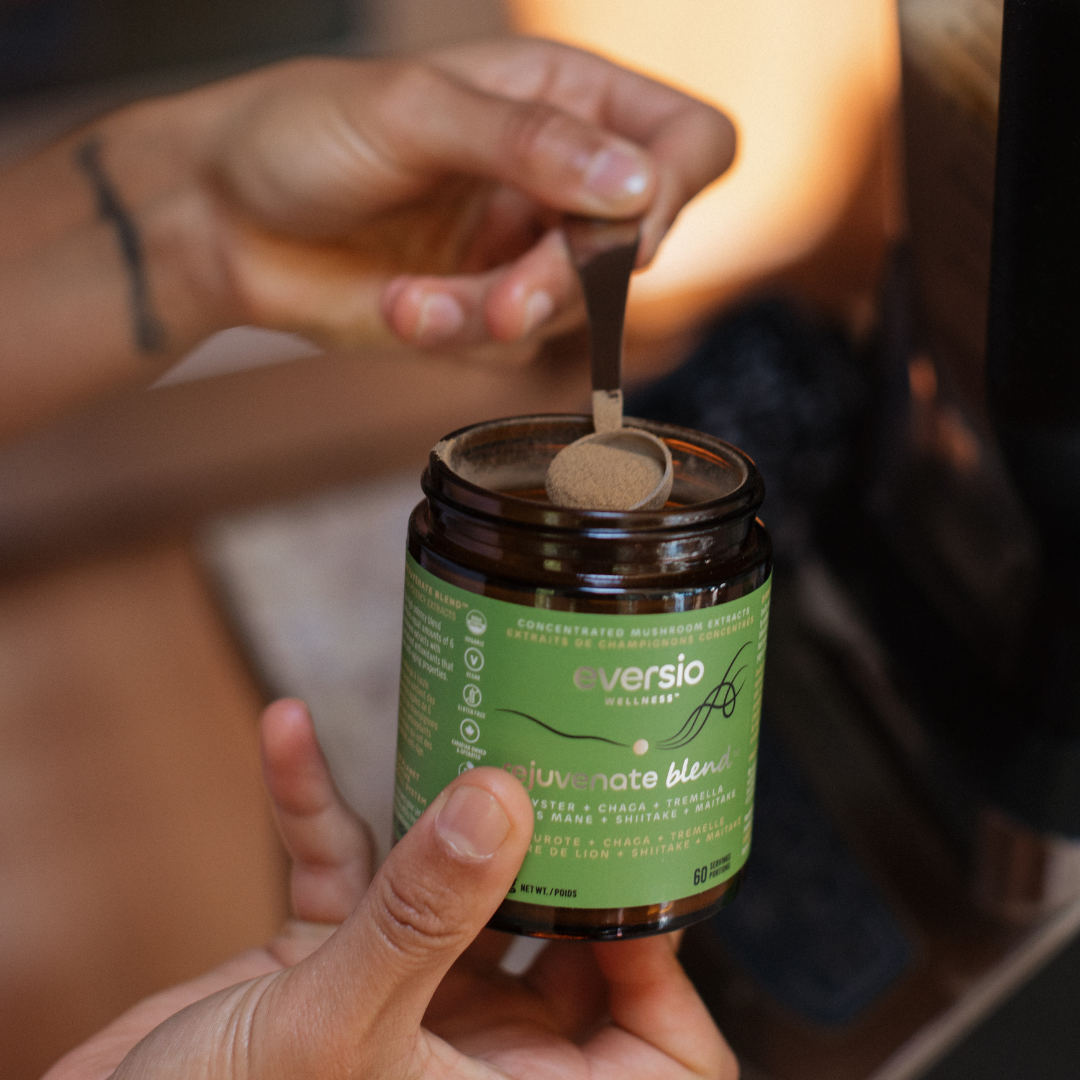
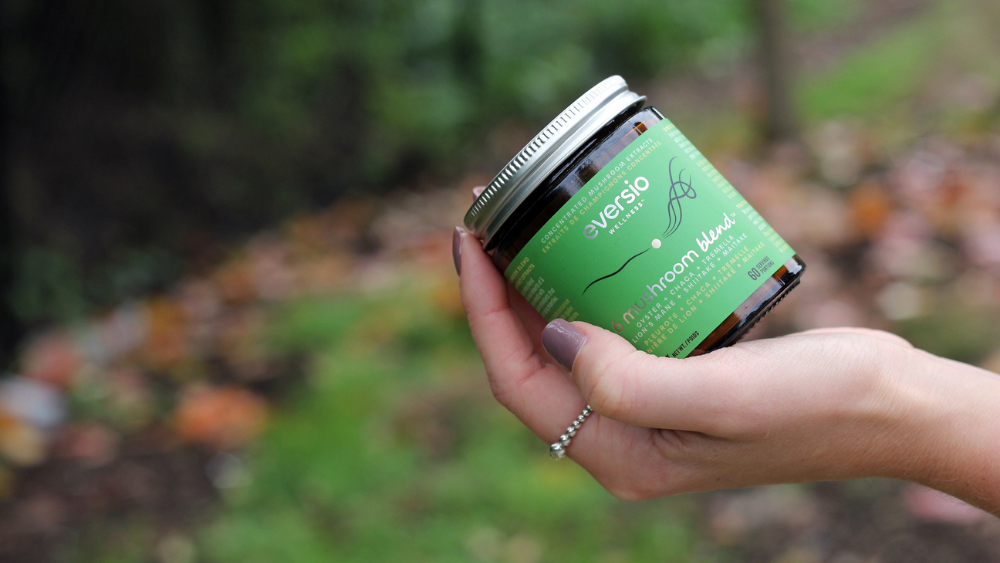







Leave a comment
All comments are moderated before being published.
This site is protected by hCaptcha and the hCaptcha Privacy Policy and Terms of Service apply.